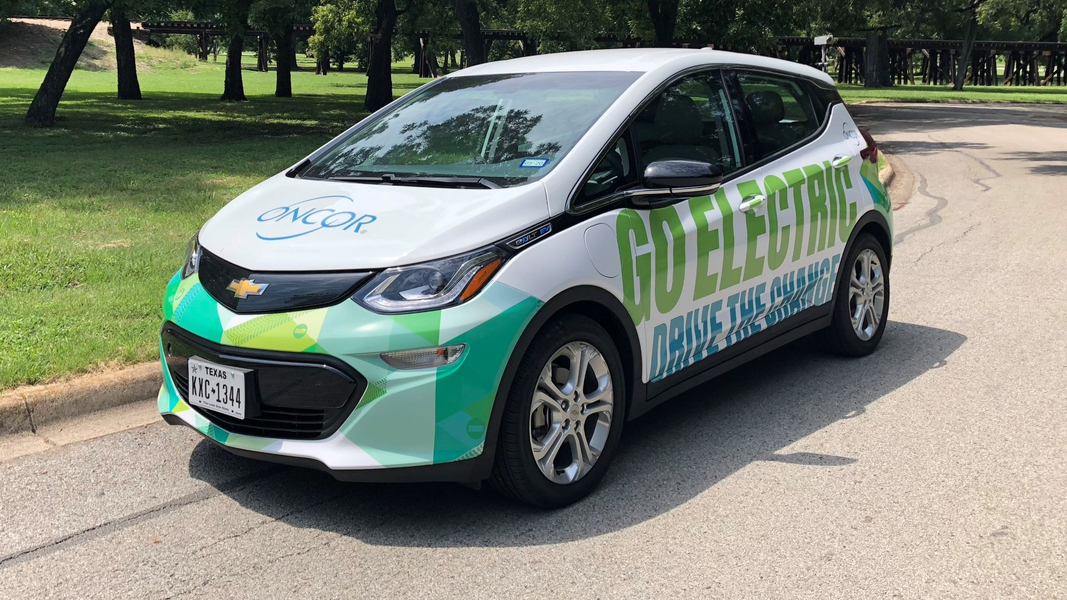-
Contact Us
-
General Inquiries/Service Requests:
- 888.313.6862
-
contactcenter@oncor.com
-
(Mon.-Fri., 8 a.m.-6 p.m. Central Time)
-
For Outages
- 888.313.4747
-
(24/7)
Car buyers across Texas, the U.S. and worldwide are getting more charged about electric vehicles.
From 2017 to 2018, sales of electric vehicles in Texas increased 117 percent. Nationwide, the number of electric cars sold last year increased 75 percent compared to 2017.
The International Energy Agency recently reported that there were over 5 million electric cars in the world in 2018, an increase of 64 percent from 2017. And the number continues to grow, thanks to a decrease in battery costs, more models and more support by governments and cities.
Why are electric cars on the rise? More and more people realize the benefits. They’re better for the environment because they don’t release tailpipe emissions. And they’re economical, because it costs about 3 cents per mile to operate an electric car, versus 12 cents for gas-powered ones.
Battery innovation
Major technology strides have helped make electric cars more practical in recent years. Older models weren’t able to go far without charging, but new advancements in batteries have enabled newer models to go longer distances between charges and charge faster.
Electric cars typically run on rechargeable lithium-ion batteries, which in recent years have evolved into a solid-state form that lasts longer while remaining noncombustible. Other advancements are being made daily: An Israeli company has unveiled a new battery that promises a five-minute car charge. And a team of scientists is developing a battery that can maintain a charge for 620 miles.
It won’t be long until even more electric cars are on the road. In fact, U.S. car buyers should be able to pick from 31 electric vehicle models in 2019 and 2020. That’s a big jump from the 17 models available in 2017.
Charging at home
According to the U.S. Department of Energy, most electric-vehicle drivers do more than 80 percent of their charging at home.
Today’s electric vehicles have larger batteries and can go farther, so most people install a 240-volt charger, the same amount that powers an oven or clothes dryer. It can complete a full 200-plus mile charge in 4-5 hours. Roadside DC fast chargers can do the same in 15-30 minutes.
Oncor continues to work diligently to monitor electric vehicle use in our service area so every vehicle and home has adequate power supply. We continue to work with electric vehicle original equipment manufacturers and other utilities.
Charging stations
There are an estimated 2.3 million electric vehicle charging stations worldwide and nearly 16,000 in the United States. These vary from free stations found at libraries, colleges and other public locations, to private membership-based paid stations.
The number of stations continues to increase, but so does the demand to use them. Governments and companies worldwide are working together to create the infrastructure it will take to meet that growing demand.
Here at Oncor, we work with stakeholders in our service areas to help support them as they install and plan locations for charging stations. To find a charging station near you, click here.




.jpg)



